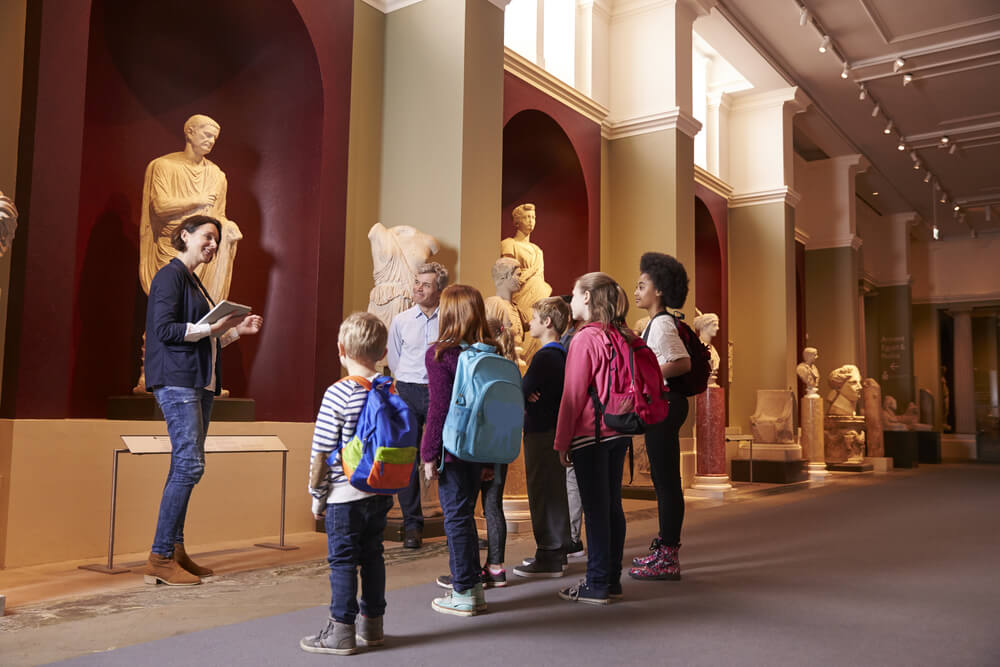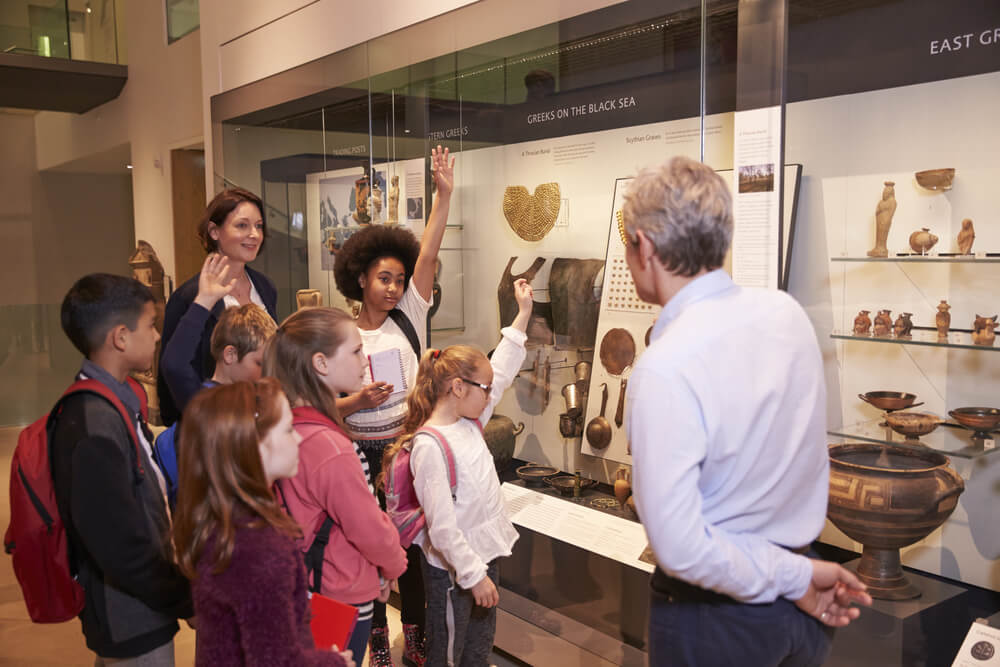Cookie Policy
Effective Date: 21/01/2025
Last Updated: 21/01/2025
This Cookie Policy explains how ("we", "us", "our") uses cookies and similar
technologies to recognize you when you visit our website at https://teachhq.com. It explains what these
technologies are, why we use them, and your rights to control their use.
1. What Are Cookies?
Cookies are small text files stored on your device (computer, tablet, or smartphone) by websites you visit.
They are widely used to make websites work more efficiently and provide information to the website owner.
2. Types of Cookies We Use
We use the following types of cookies:
a. Necessary Cookies
These cookies are essential for the operation of our website. They include, but are not limited to, session
cookies that enable you to navigate our site and use its features.
Examples:
Session management
Authentication
b. Analytics Cookies
We use Google Analytics to collect information about how visitors use our site. These cookies help us
understand which pages are visited, how long users stay, and which links are clicked.
Examples:
Tracking website performance
Understanding user behavior
3. How We Use Cookies
We use cookies to:
Enhance user experience by remembering your preferences.
Analyze website performance and usage to improve functionality.
Ensure security and prevent fraud.
4. Google Analytics
We use Google Analytics to understand user behavior and improve our website. Google Analytics may collect
information such as:
Your IP address (anonymized if required)
Browser type and version
Pages visited
Google Analytics cookies are set to expire after a predefined time or as configured.
You can opt out of Google Analytics by installing the Google Analytics Opt-out Browser Add-on.
5. Managing Cookies
You can manage your cookie preferences by:
- Browser Settings:
Adjust your browser settings to refuse cookies or alert you when cookies are being set.
- Cookie Banner:
Use the cookie consent banner on our site to accept or decline non-essential cookies.
6. Your Consent
We only use non-essential cookies, such as analytics cookies, with your explicit consent. You can withdraw
your consent at any time by adjusting your preferences through our cookie banner or contacting us.
7. Contact Us
For further information about our use of cookies or to exercise your rights, please contact us at:
Email: hello@teachhq.com


